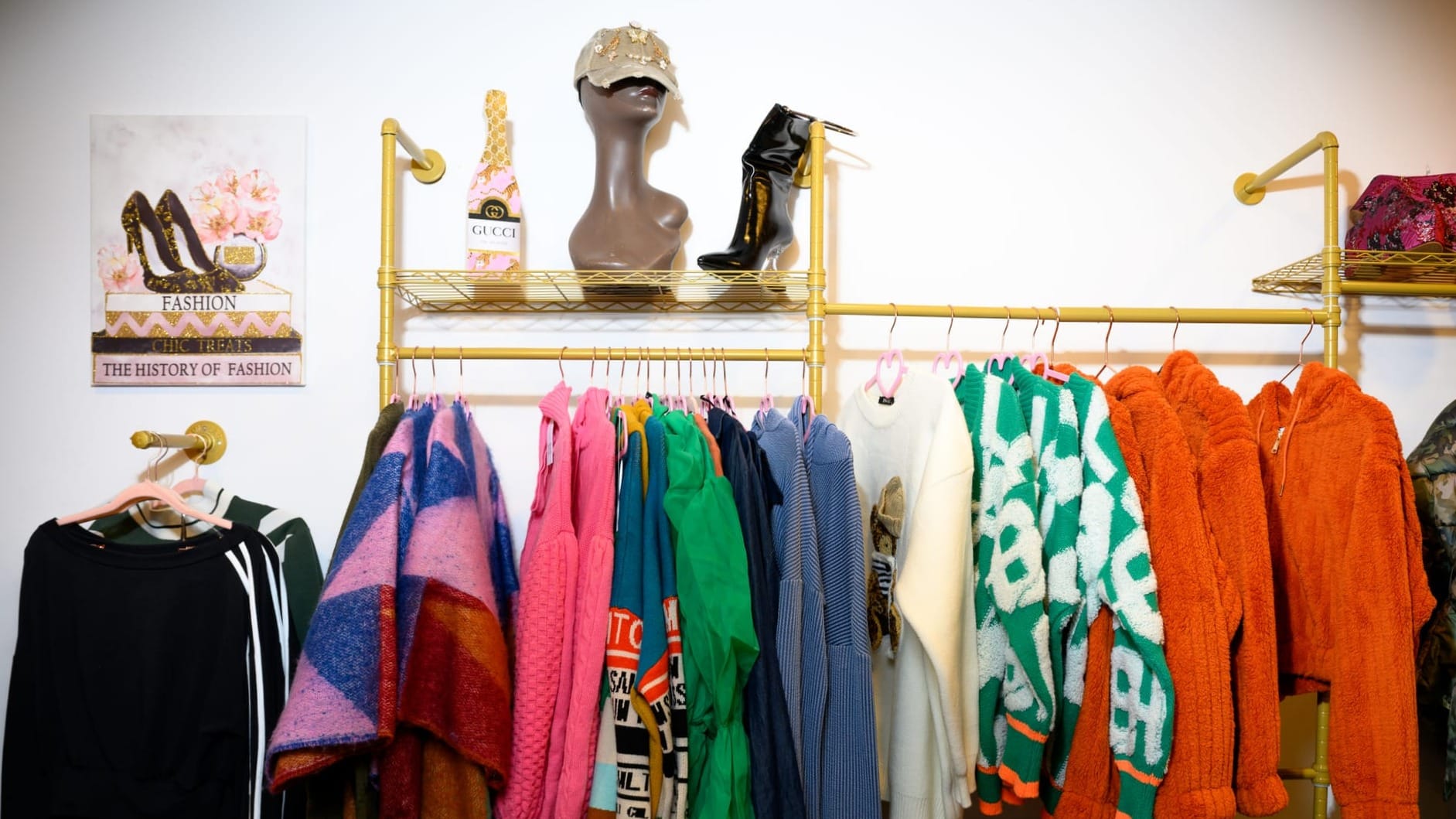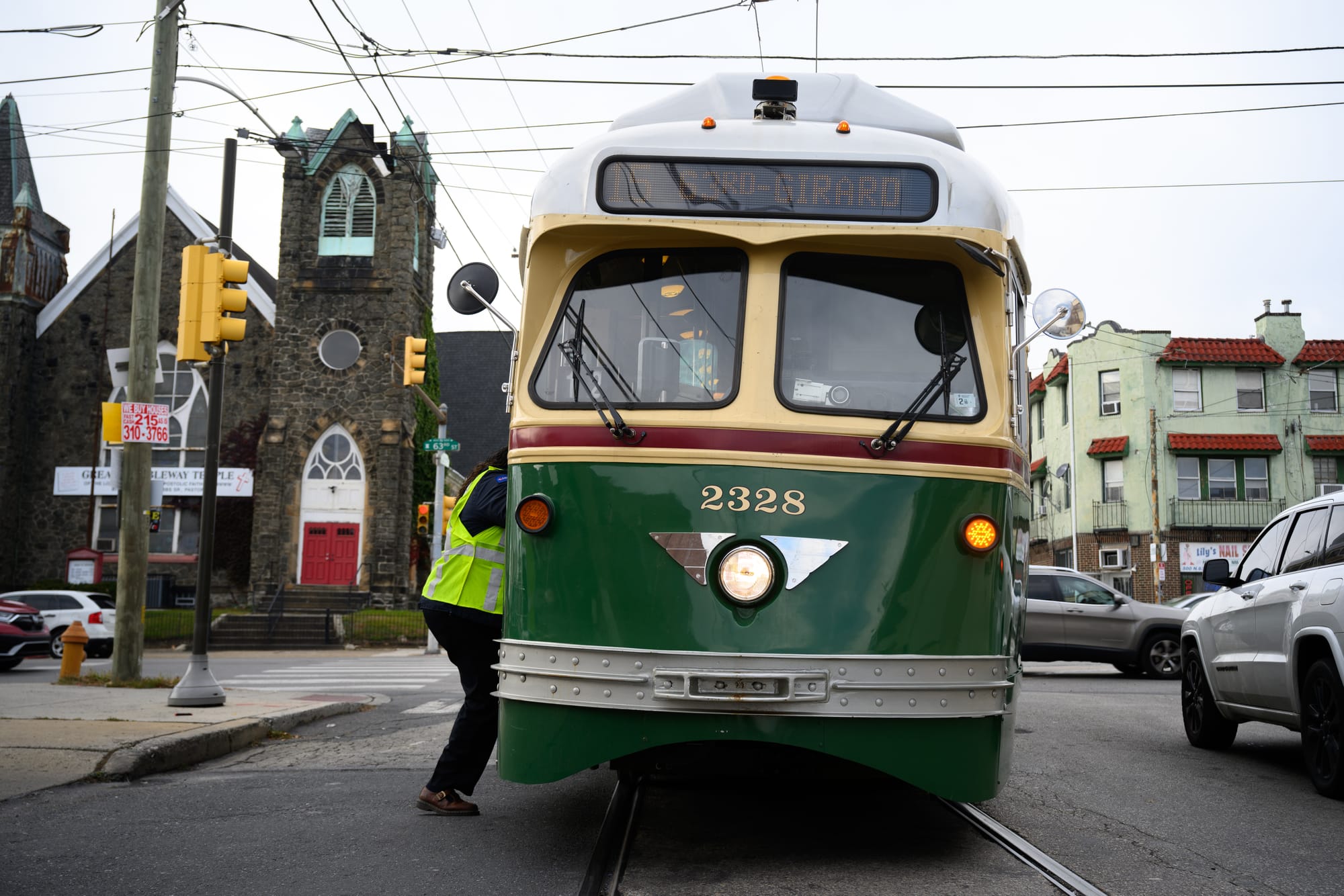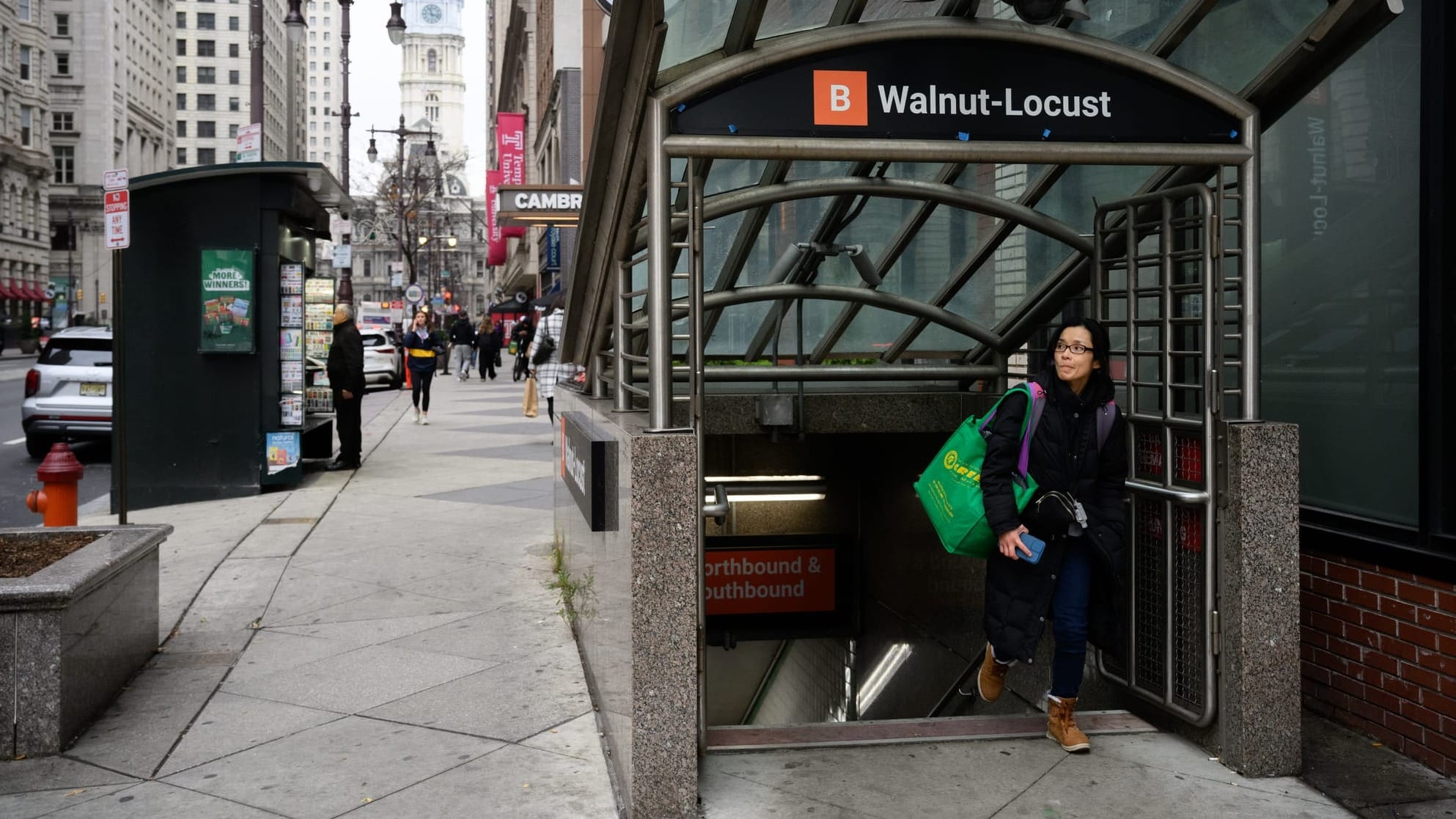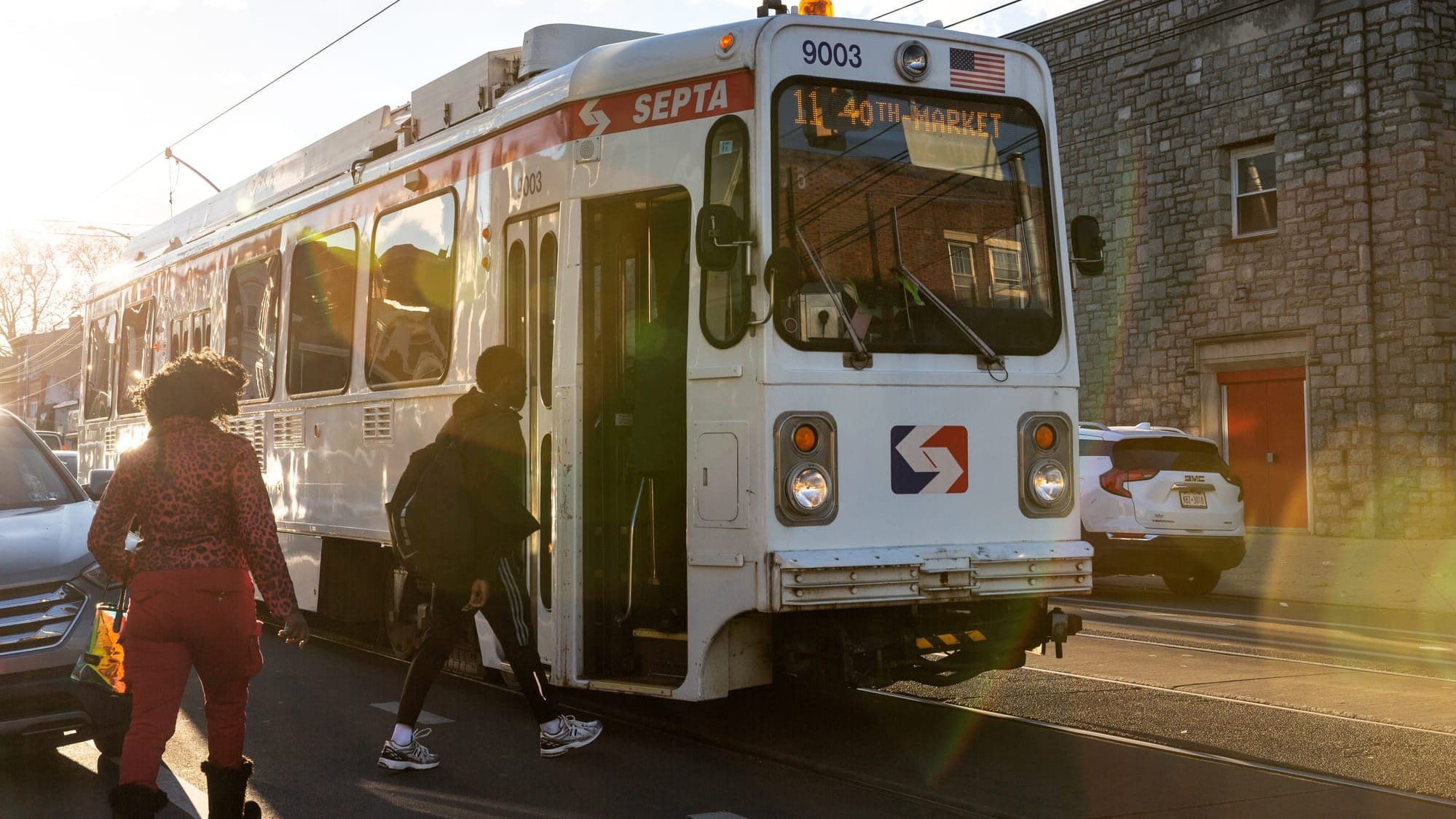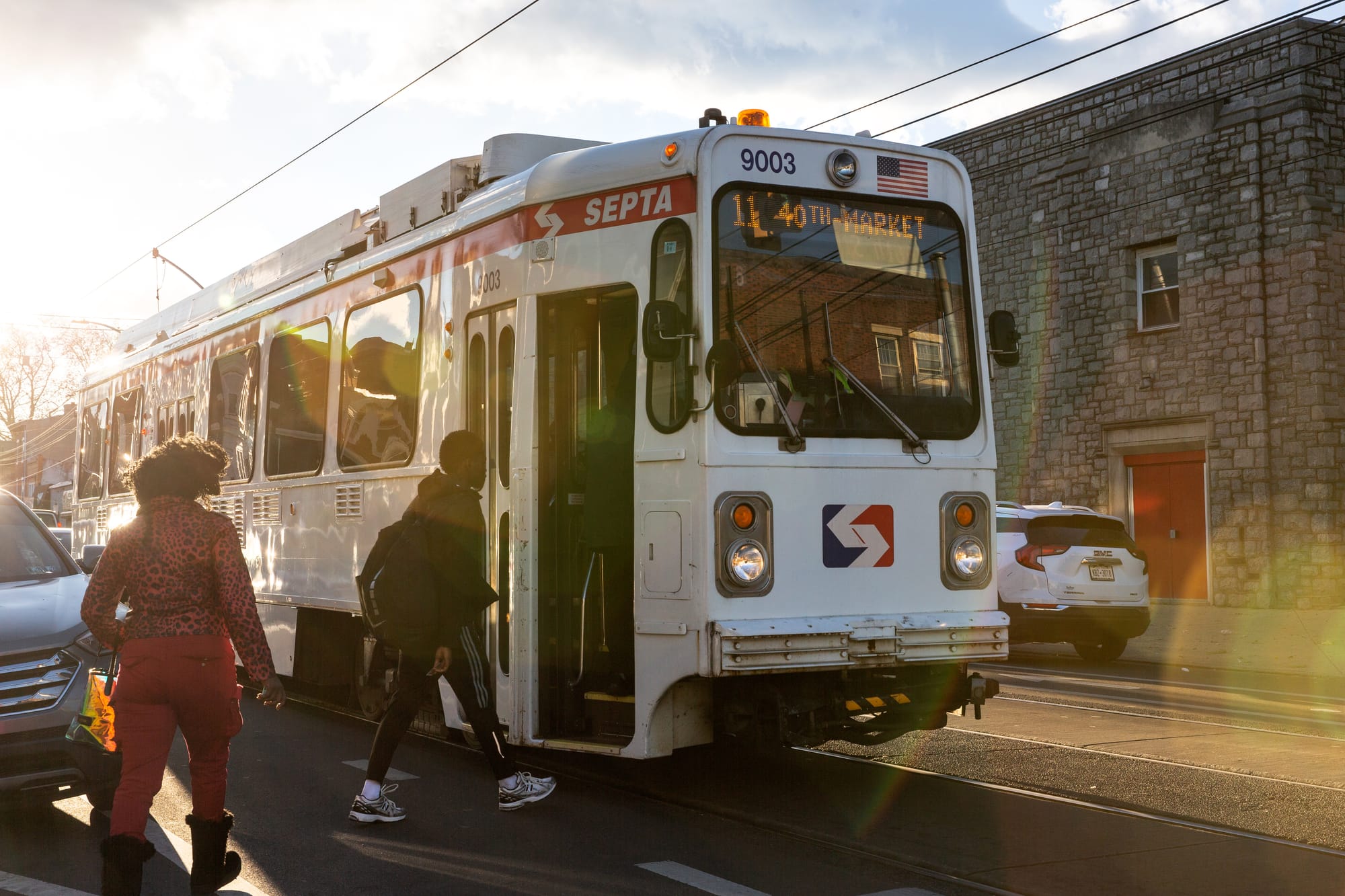The Black-Owned Gems of Reading Terminal Market
It didn’t take long for me to find what I came for: the Black-owned businesses that give this historic market its flavor, its rhythm, and its soul.
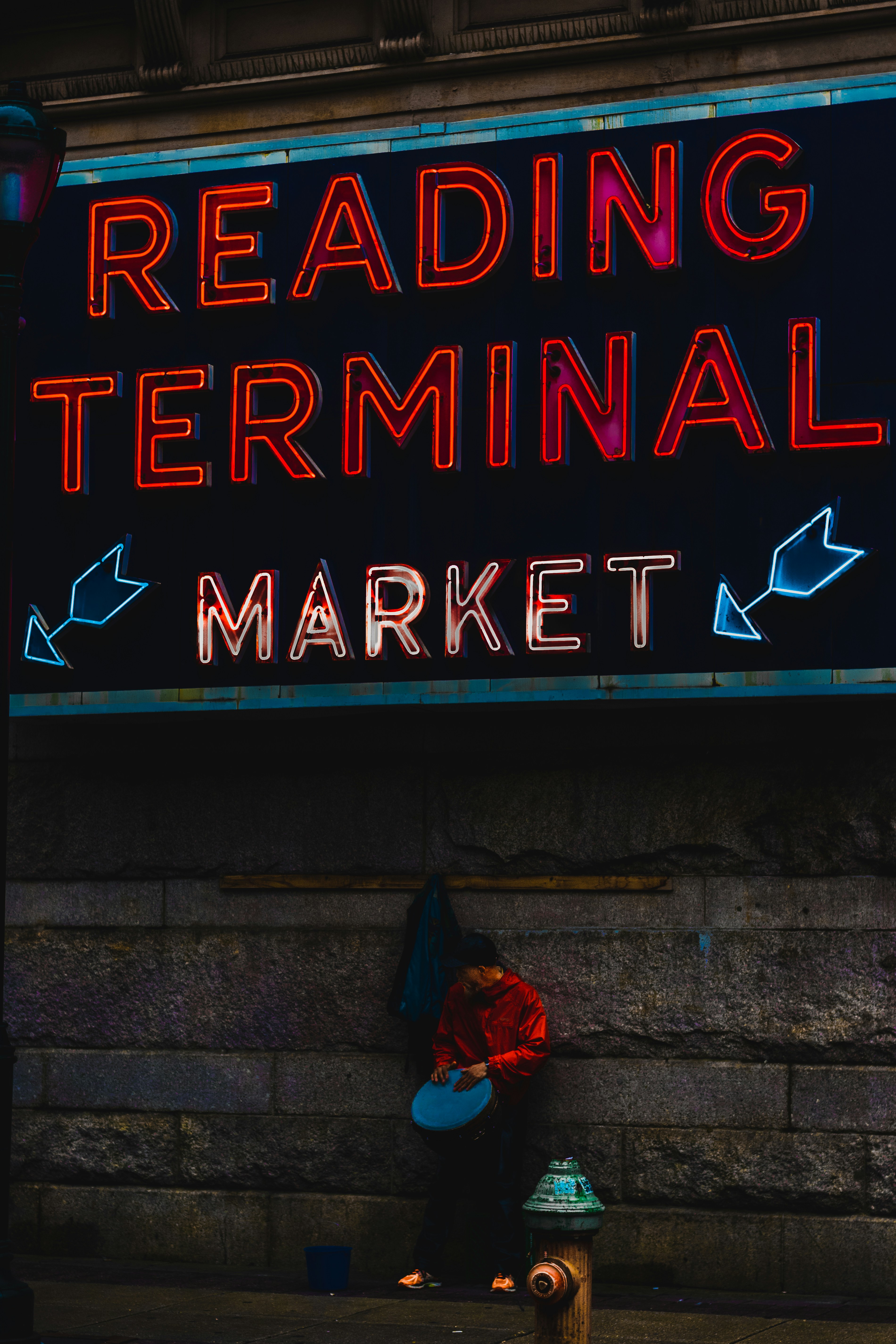
Reading Terminal Market was already buzzing when I arrived on a humid Saturday afternoon. A live band played right outside the doors. Tourists crisscrossed the aisles with shopping bags and cameras. The smell of everything from BBQ to fried dough saturated the air.
But I wasn't looking for just anything. It didn’t take long to find what I came for: the Black-owned businesses that give this historic market its flavor, its rhythm, and its soul.
Sweet T’s Bakery
I made my way first to Sweet T’s Bakery, where the line was already curling out into the aisle. Behind the glass: slices of sweet potato cheesecake, buttermilk pound cake, and sweet potato pies so perfect they looked like they were pulled from a holiday table. I asked co-owner Tia El what it felt like to be here. “We wanted to create a place that reminded people of family gatherings, of love, of heritage,” she said as she handed off a boxed slice. “Being the first Black-owned bakery here is a blessing, but it’s also a responsibility.”
Sweet Nina’s
Just a few steps away, the smell of fresh bananas and vanilla led me to Sweet Nina’s, home to Philly’s most beloved banana pudding. It has been said that folks fall in love at first bite. Some even ask if they cater events, like birthdays, family functions, even weddings.
Really Real Ginger
At Really Real Ginger, the vibe was a little spicier. Ginger drinks in tall glass bottles lined the shelves, surrounded by candied crumbles and skincare infused with the same signature root. Co-owner Hadia Muhammad was behind the counter and welcomed me with warmth. “Ginger is healing,” she said. “It’s how my family always brought balance and energy. Sharing that here is about culture, health, and legacy.”
Careda’s Caribbean Cuisine
Drawn by the unmistakable scent of jerk seasoning, I turned the corner and found Careda’s Caribbean Cuisine. As steam rose from trays of oxtail, curry goat, and golden plantains, they are a delicious reminder of Careda’s over 20 years of staying power in the Terminal.
Ma Lessie’s Chicken & Waffles
Just across the aisle, Ma Lessie’s Chicken & Waffles was putting on a show! Waffles rising on hot irons, chicken sizzling in the fryer, and plates piled high with mac and cheese and peach cobbler. I asked owner Perry Ison what keeps the line long. “It’s love,” he said. “My great-grandmother cooked from the heart, and that’s what we do here. These recipes are her legacy.”
Amazulu Collections
But food isn’t the only thing Black vendors are serving at the market. At Amazulu Collections, silversmith Charita Powell’s stall felt like a gallery with rings, cuffs, and earrings crafted in sterling silver and mixed media. “Each piece is more than jewelry, ” she said. “It’s a story. It’s a piece of the diaspora.”
De’Village
At De’Village, masks from Ghana hung alongside Kenyan sculptures and colorful textiles. I asked owner, Watson Parks, how he sources it all. “Every piece is handmade,” he said. “We’ve been doing this for decades. We don’t just sell culture, we preserve it.”
Little Marrakesh Bazaar
Next, I ducked into Little Marrakesh Bazaar, where Moroccan lanterns glowed gold against deep green tiles. Owner Chakir Bouchaib travels back and forth to North Africa sourcing the goods. “When someone lights a lantern at home, they carry a little bit of Morocco with them,” he said.
The Sustainable Farm by Custom Cuisine
Finally, I ended my walk at The Sustainable Farm by Custom Cuisine, a glowing green corner of hydroponic towers growing kale, herbs, and rainbow chard. Owner Christina McCoy smiled when I asked her what it meant to grow food in the middle of a busy indoor market. “It’s proof that anything can grow, anywhere,” she said. “We’re growing food, yes, but we’re also growing ideas.”
By the end of the day, my bags were full, but it wasn’t the food or jewelry that stayed with me, it was the people. The owners are building legacies. The cooks are sweating over hot stoves. The cashiers who know every regular by name. The customers who come for the food but return for the feeling.
Reading Terminal Market is filled with vendors, but these are the ones shaping its soul. The next time you walk beneath the neon sign on Arch Street, talk to the people behind the counter. Ask questions. Taste something new. You’ll leave with more than what you bought, you’ll leave with stories.

